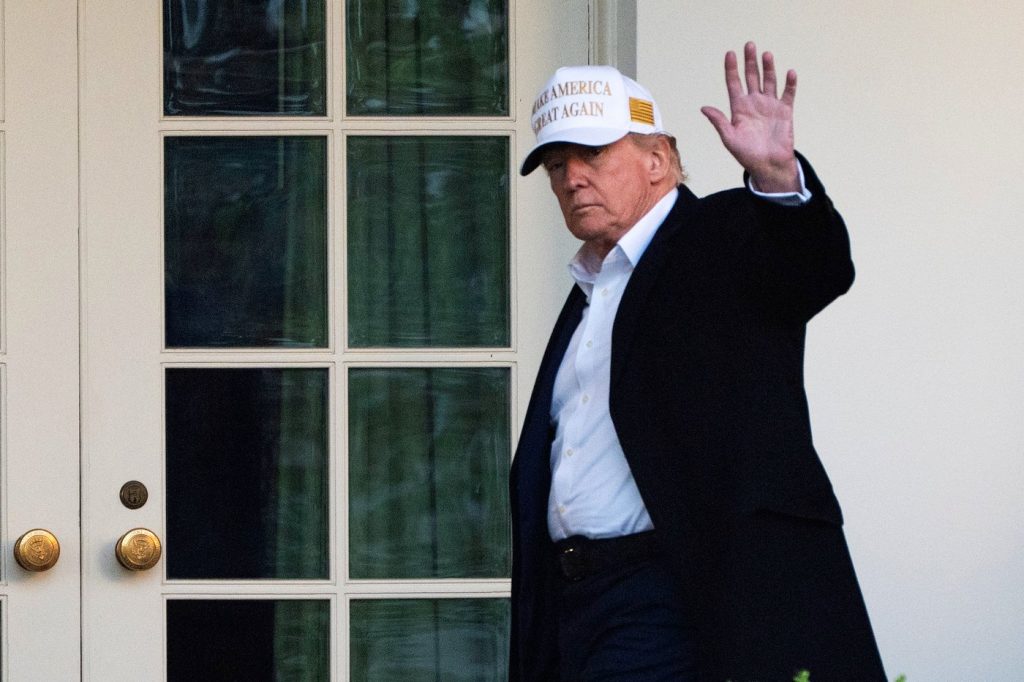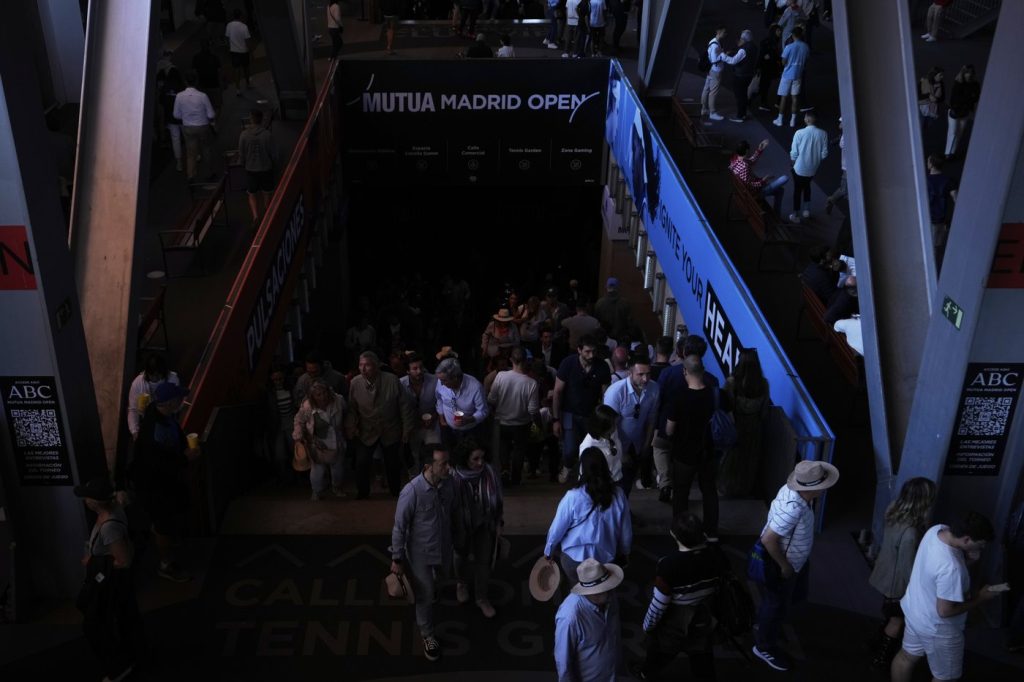On Monday, in Washington, U.S. District Judge John Bates expressed skepticism about the legality of an executive order initiated by President Donald Trump, which targets the prominent law firm Jenner & Block. This skepticism stems from concerns that the executive order is intended as a form of punishment rather than a legitimate administrative action. Judge Bates had previously issued a temporary halt to the enforcement of this executive order and was hearing arguments regarding a request from Jenner & Block to block it permanently.
Lawyers from two other law firms, Perkins Coie and WilmerHale, had presented similar arguments in front of other judges in the past week, who appeared receptive to their positions. During the hearings, Judge Bates challenged the claims made by Justice Department lawyers, who argued that the actions against the law firms were not punitive in nature. The executive order imposes sanctions that include the suspension of attorneys' security clearances, termination of federal contracts, and barring of lawyers from accessing federal buildings.
Judge Bates articulated his concerns by stating that the executive order seems to be designed to penalize Jenner & Block by restricting its financial inflow. He questioned the plausibility of clients wanting to engage with Jenner & Block when there is a risk that the firm might be prevented from interacting with federal agencies or entering federal buildings.
Justice Department lawyer Richard Lawson contended that it was too early to determine the order's impact, suggesting that guidelines for implementing the executive order had yet to be released. However, Michael Attanasio, representing Jenner & Block, described the government's efforts to justify the order as "surreal," accusing the Justice Department of engaging in "verbal gymnastics" to rationalize the actions against the firm.
Attanasio emphasized that the executive order appears blatantly unconstitutional and is fundamentally intended to punish Jenner & Block due to the firm's legal representation and its association with Andrew Weissmann, a former prosecutor on Special Counsel Robert Mueller’s team. Weissmann was involved in the investigation into Trump's alleged connections to Russia during the 2016 presidential campaign.
Each of the law firms that have challenged the executive order in court has successfully obtained temporary blocks against its enforcement. In contrast, other law firms have opted to reach preemptive agreements with the White House to sidestep similar punitive measures.
On that same Monday, Virginia Representative Gerald Connolly, a leading Democrat on the House Oversight Committee, along with California Representative Dave Min, sent letters to the law firms that previously struck deals with the Trump administration. They requested further details regarding the terms of these settlements, indicating a continuing political interest in oversight regarding the executive order and its implications.












